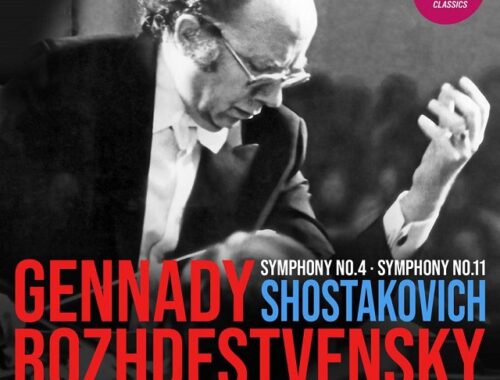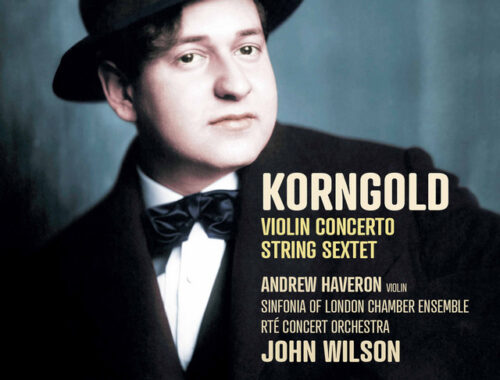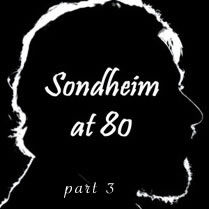FRIDAY 29TH JANUARY 2010 STAATSKAPELLE BERLIN/ BARENBOIM ****
Royal Festival Hall
Daniel Barenboim has earned his adoration. He could stand on one leg and whistle “Don’t Cry For Me Argentina” and still bring audiences to their feet. It’s a respect thing, it’s the history he brings to the table, the intellect and theory he now makes so effortlessly practical. His performances – particularly at the keyboard – breathe a different air. You may not always agree with them but you’d be foolish to disregard them.
When he first recorded the Beethoven Concertos with the great Otto Klemperer the best part of half a century ago (yes, really) the idea of programming them alongside works by Arnold Schoenberg might have been viewed as capricious, even pretentious. Now the logic is inescapable: two highly influential composers both able to summarise the past whilst redefining the future. And with Barenboim as teacher audiences are better disposed to learn (and buy tickets). As I say, it’s a respect thing: trust me, I’m Barenboim.
With the Beethoven Concertos he is now resolved to be answerable only to himself. Directing from the keyboard he can shape and mould the Staatskapelle Berlin in his own pianistic image. The opening of the First Piano Concerto was so discreet, so intimate, that the violins’ statement of the first subject might almost have been coming from another room. It felt overheard, self-consciously so, but it did suggest half-remembered Haydn and it did instantly draw us in to Barenboim’s inner world. The really marvellous moments in this performance were visionary and dream-like, as if Barenboim was already scenting the world of Maeterlinck and Schoenberg approaching in the second half.
With the dark shift of tonality into the development of the first movement the pulse slowed almost imperceptibly to take in the uncharted terrain. A chain of descending chords opened magic casements onto an altogether more perfect world and then like beauty confronting the beast a solo bassoon triggered precipitous drama in the piano’s bass register. The only predictable thing about Beethoven is his unpredictability and in that Barenboim is very much a kindred spirit. His sometimes halting rubatos are very “old school” but they speak of rapture and the deepest contemplation. And only an elder statesman could treat the first movement cadenza as his own internal extemporisation of “the story so far”. Actually I’m pretty sure it was his own cadenza, full of mysterious key changes and a grandiose climax which seemed to anticipate the “Emperor” concerto in a couple of days time. The finale brought the odd smudges – but who really cares about those – and the Beethovenian equivalent of Jelly Roll Morton in the jazzy middle section. That really went with a swing.
Strangely enough the distracted dream-world of Maeterlinck’s Pelleas und Melisande as realised in Schoenberg’s early tone poem found a more detached Barenboim as if his fascination with the piece was more theoretical than emotional. The Staatskapelle Berlin offered a sumptuous enough palette of sound but unlike the Beethoven it felt strangely impersonal. Or is that the piece?
You May Also Like

GRAMOPHONE Review: Shostakovich Symphonies Nos. 4 & 11 ’The Year 1905’ – BBC SO/BBC Philharmonic/Rozhdestvensky
06/01/2023
GRAMOPHONE Review: Korngold Violin Concerto / String Sextet – Andrew Haveron, Sinfonia of London Chamber Ensemble, RTÉ Concert Orchestra/Wilson
20/05/2020